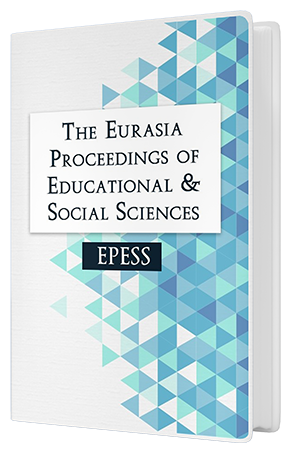ENVIRONMENTAL EDUCATION THROUGH ORNITHOLOGY LIKE OPTIONAL CLASSES
Keywords:
ornithology, environmental education, birds, fieldworkAbstract
Students from the primary and secondary schools manifest a huge curiosity for nature and special high interest for the animals’ life and behaviours. Unfortunately, the ordinary curriculum in Biology classes provides just summary information about animals’ ecology, while data on their behaviour and complex interspecific relations established inside the ecosystems are completely missing. The Ornithology classes can be included in the students’ curriculum through the curriculum in schools’ decision. The birds are very attractive through their plumage and songs, presenting a complex and very interesting breeding behaviour, but also a spectacular migration phenomenon. The birds are present near everywhere around us, populating a wide range of habitats, including the anthropogenic ones, which facilitate their study and observation. More than this, the birds are present any time during the seasons, even if their diversity is changing from one season to other. This allow us to identify the complexity of relations established between birds and their environmental, to understand the important position of birds in the trophic pyramids, to use these vertebrates like bio-indicators to assess the environmental quality and the trends in the ecosystems’ dynamic.Downloads
Published
Issue
Section
License
Copyright (c) 2016 The Eurasia Proceedings of Educational and Social Sciences

This work is licensed under a Creative Commons Attribution-NonCommercial-ShareAlike 4.0 International License.
The articles may be used for research, teaching, and private study purposes. Any substantial or systematic reproduction, redistribution, reselling, loan, sub-licensing, systematic supply, or distribution in any form to anyone is expressly forbidden. Authors alone are responsible for the contents of their articles. The journal owns the copyright of the articles. The publisher shall not be liable for any loss, actions, claims, proceedings, demand, or costs or damages whatsoever or howsoever caused arising directly or indirectly in connection with or arising out of the use of the research material. All authors are requested to disclose any actual or potential conflict of interest including any financial, personal or other relationships with other people or organizations regarding the submitted work.




